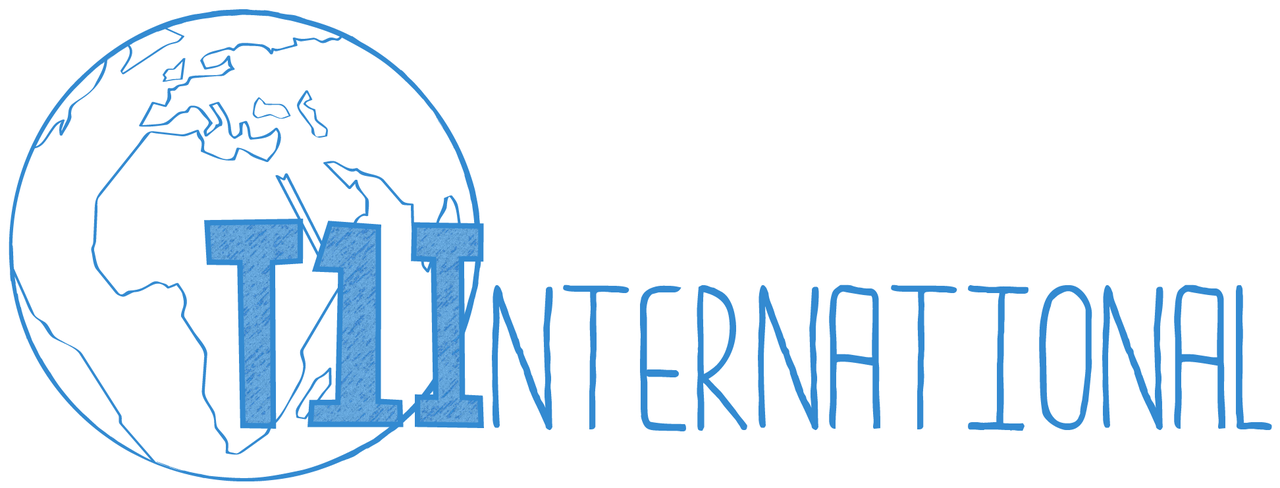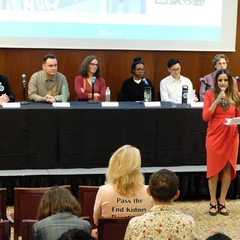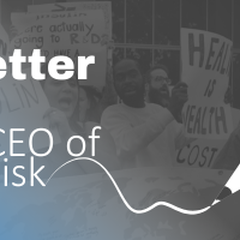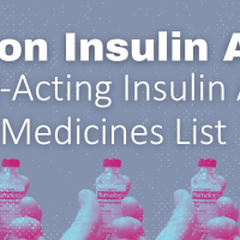
New $55 Insulin Pens Mark Step in California’s Fight Against Insulin Price Gouging
7 Oct 2025, 10:40 p.m. in #insulin4all USA, News & Statements by T1International
The state of California will take significant steps forward to increase insulin access and affordability – beginning January 1, 2026, CalRx will offer a box of five insulin pens for $55 to anyone who needs it. California announced that Civica will contract with India-based biosimilar manufacturer Biocon to fulfill its commitment to bring low-cost insulin glargine (a long-acting and not name-brand insulin) to California through the CalRx label.
“California’s continued leadership in tackling insulin’s broken market is a promising step forward,” said Allison Hardt, T1International’s Community Development Director and member of CalRx’s Patient Advisory Council. “Any action that improves access to more affordable insulin at a stable, transparent price, without coupons or rebates, is one worth celebrating. It is commendable that California is prioritizing the needs of its citizens while problem-solving for the extended timelines of the Civica insulin project.”
Despite political attention and promises of action, the insulin price crisis continues. For people living with type 1 diabetes, insulin is as essential as oxygen; going without can cause significant health consequences and death. In California, people living with type 1 diabetes are spending on average $169 on insulin each month, according toT1International's 2024 data. These high costs lead to about one in three persons living with type 1 diabetes rationing their insulin. Insulin also reduces complications for many people with other types of diabetes. Insulin can come in vials or the often preferred pens.
California established CalRx in 2020 to, among other things, address the insulin affordability crisis created by the Big Three insulin manufacturers’ (Eli Lilly, Novo Nordisk, and Sanofi) monopolistic control of the insulin market. In 2023, California contracted with nonprofit drug maker Civica to manufacture low cost insulins. The project was originally set to have insulin glargine (long-acting insulin) to market by 2025, but was delayed when Civica committed to bringing insulin pens to market, not just vials. Civica is currently in the process to receive FDA approval for their own insulin glargine from their fill-and-finish facility in Virginia, with no specific timeline given for FDA approval.
T1International’s public pharma campaign prioritizes public pharma that removes profit incentive from the equation. For decades, the Big Three insulin manufacturers have dominated over 90% of the insulin market and artificially inflated prices, resulting in patients spending thousands of dollars per year to afford their lifesaving and life-sustaining medications, with one in three people living with type 1 diabetes rationing their insulin.
“We need commitments from our governments to invest in the wellbeing of their citizens and treat essential medicines as the public goods that they are. Just like we commit to public libraries, public education, and public utilities, we need to commit to public essential medicines like insulin” said Max Goldberg, New York #insulin4all Chapter Leader and person living with type 1 diabetes. Legislation to establish a program similar to California passed the New York Senate last session, but stalled in the Assembly.
In March, Civica announced their collaboration with Biocon to bring the drug substance for insulin aspart to the US, and in July, Biocon announced their FDA approval of Kirsty, the first and only interchangeable biosimilar to rapid-acting inulin NovoLog®. To date, there has been no announcement of Civica delivering Biocon’s aspart via the CalRx label, as they are now announcing they will do with long-acting insulin glargine. By contracting with Biocon to fulfill their commitment to California for glargine, Civica is ensuring that patients in California will be able to access low cost insulin sooner than Civica would be able to deliver alone.
While Biocon is not one of the Big Three insulin manufacturers, it is a private, for-profit company driven by shareholder priorities; Civica is a nonprofit drug maker. In recent years, as the Big Three have pulled out of major insulin markets like India and South Africa, Biocon has stepped in, framing insulin as a “windfall opportunity” while rapidly expanding its global market share. GLP1s use the same pen devices as insulin but are more profitable for manufacturers, which contributed to widespread insulin shortages, leaving patients reliant on insulin to survive even more vulnerable.
“Insulin shortages are real, and they aren’t going away,” said Arden Parrish, Michigan #insulin4all Chapter co-Leader, and person living with type 1 diabetes. “As a result of the shortages of Novolog, I had to ration insulin and went into Diabetic Ketoacidosis (DKA), a life-threatening condition that occurs when the body goes too long without insulin. I had no choice but to go to the hospital”
“We view this partnership between Civica and Biocon as a stopgap measure,” said Hardt. “We look forward to California’s continued leadership in pursuing true public manufacturing of insulin - without profit motive and for the people.”






